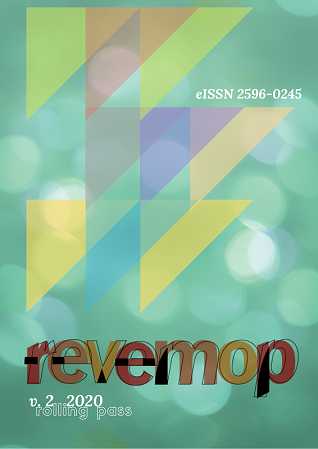Ethnomathematics: past and future
Abstract
Each culture develops ways, since the Paleolithic era, styles and techniques of doing, and responses to the search of explanations, of understanding and of learning. They basically respond to “how” and “why”. In the human species, early attempts to explain and to understand lead to the search for origins, which leads to myths. All these are organized as systems of knowledge and religions. These systems of knowledge lead to the concept of Ethnomathematics. After a report on the practice of Ethnomathematics and the evolution of theoretical reflections since pre-historic times to the present, I will discuss some new trends I recognize in the theory and practice of Ethnomathematics. I will refer to different cultural environments and the consequents of the growing migratory dynamics in the entire world. The move towards globalization and internationalization of education favors the reinforcement of local considerations. Glocalization has consequences for the future of Ethnomathematics as research program with pedagogical implications.
Downloads
References
AKIZUKI, YASUO. Proposal to I.C.M.I. L’Enseignement Mathématique, Genebra, v. 5, n. 4, p. 288-289, 1959.
CASTAÑEDA, Nuria. Apprenticeship in early Neolithic societies. Current Anthropology, Chicago, v. 59, n. 6, p. 716-740, dec. 2018.
D’AMBROSIO, Ubiratan. A historiographical proposal for non-western mathematics. In: SELIN, Helaine (Ed.). Mathematics across cultures: the history of non-western mathematics. Dordrecht, The Netherlands: Kluwer Academic Publisher, 2000, p. 79-92.
D'AMBROSIO, Ubiratan. Adapting the structure of education to the needs of developing countries (letter). Impact of Science on Society, v. 25, n. 1, p. 94-95, 1975.
D'AMBROSIO, Ubiratan. Knowledge transfer and the universities: a policy dilemma. Impact of Science on Society, v. 29, n. 3, p. 223-229, 1979.
DORN, Harold. The geography of science. Baltimore: The Johns Hopkins University Press, 1991.
LEPPARD, Thomas P. Social complexity and social inequality in the prehistoric Mediterranean. Current Anthropology, Chicago, v. 60, n. 3, p. 283-308, jun. 2019.
LLOYD, Geoffrey Ernest Richard. Disciplines in the making: cross-cultural perspectives on elites, learning, and Innovation. New York: Oxford University Press, 2009.
MAYOR, Federico. Opening speech. CONFERENCE ON SCIENTIFIC AND TECHNOLOGICAL COOPERATION IN AFRICA. Nairobi, Kenya, 1994.
RAUSSEN, MARTIN; SKAU, CHRISTIAN. Interview with Mikhail Gromov. Notices of the AMS, Providence, v. 57, n. 3, p. 391-409, mar. 2010.
SAMUEL, Pierre. Mathématiques, Latin et sélection des élites. In: GROTHENDIECK, Alexandre (Ed.). Pourquoi la Mathématique? Paris: Union Générale d'Éditions, 1974, p.147-171.
WELLS, George H. The Country of the Blind. The Stand Magazine. Westminster: George Newnes, 1904.






























